Author: Will Lovell
Taking its name from its breeding ground in the North of England, Northern Brewer is a cross between Canterbury Golding and a Brewer’s Gold male seedling. While originally intended specifically for Scottish and Newcastle breweries, Northern Brewer has become one of the most grown hop varieities in Germany’s Hallertau region and is lauded for its ability to impart beer with a delightful blend of woody, pine, and mint characteristics.
Alpha: 6 – 10%
Beta: 3.0 – 5.0%
Cohumulone: 27 – 32% of alpha acids
Total Oil: 1.0 – 1.6 mL / 100g
Myrcene: 25 – 45%
Humulene: 35 – 50%
Caryophyllene: 10 – 20%
Farnesene: 0.1 – 1%
Linalool: 0.6 – 0.6%
Geraniol: 0.1 – 0.3%
ß-Pinene: 0.4 – 0.7%
Parentage: Canterbury Golding crossed with male seedling of Brewer’s Gold
I’ve brewed with Northern Brewer many times over the years, though it’s largely been the American grown version, often combined with other hops. Curious to learn more about this this classic hop, I decided to use it in a moderately hopped Pale Ale then have blind tasters give their thoughts.
| MAKING THE BEER |
I went with our standard Hop Chronicles Pale Ale recipe for this batch, making small adjustments to the kettle hop additions to keep the bitterness in check.
Northern Brewer Pale Ale
Recipe Details
| Batch Size | Boil Time | IBU | SRM | Est. OG | Est. FG | ABV |
|---|---|---|---|---|---|---|
| 5.5 gal | 60 min | 34.3 | 5.9 SRM | 1.051 | 1.011 | 5.25 % |
| Actuals | 1.051 | 1.011 | 5.25 % | |||
Fermentables
| Name | Amount | % |
|---|---|---|
| Wildfire Pale Malt | 10 lbs | 83.33 |
| Vienna Malt | 2 lbs | 16.67 |
Hops
| Name | Amount | Time | Use | Form | Alpha % |
|---|---|---|---|---|---|
| Northern Brewer | 10 g | 60 min | Boil | Pellet | 10.2 |
| Northern Brewer | 15 g | 20 min | Boil | Pellet | 10.2 |
| Northern Brewer | 21 g | 5 min | Boil | Pellet | 10.2 |
| Northern Brewer | 56 g | 2 min | Boil | Pellet | 10.2 |
| Northern Brewer | 56 g | 4 days | Dry Hop | Pellet | 10.2 |
Yeast
| Name | Lab | Attenuation | Temperature |
|---|---|---|---|
| Flagship (A07) | Imperial Yeast | 77% | 32°F - 32°F |
Notes
| Water Profile: Ca 92 | Mg 0 | Na 0 | SO4 152 | Cl 49 |
Download
| Download this recipe's BeerXML file |
The night prior to brewing, I collected the full volume of RO water, which I adjusted to my desired profile before weighing out and milling the grain.
When the water was properly heated the next morning, I incorporated the grains then checked to ensure the mash was at my desired temperature.
During the mash rest, I prepared the kettle hop additions.
Once the 60 minute mash was complete, I removed the grains and proceeded to boil for 60 minutes, adding hops at the times stated in the recipe.
When the boil was complete, I quickly chilled the wort then transferred it to a sanitized Kegmenter.
A refractometer reading showed the wort was at my target OG.
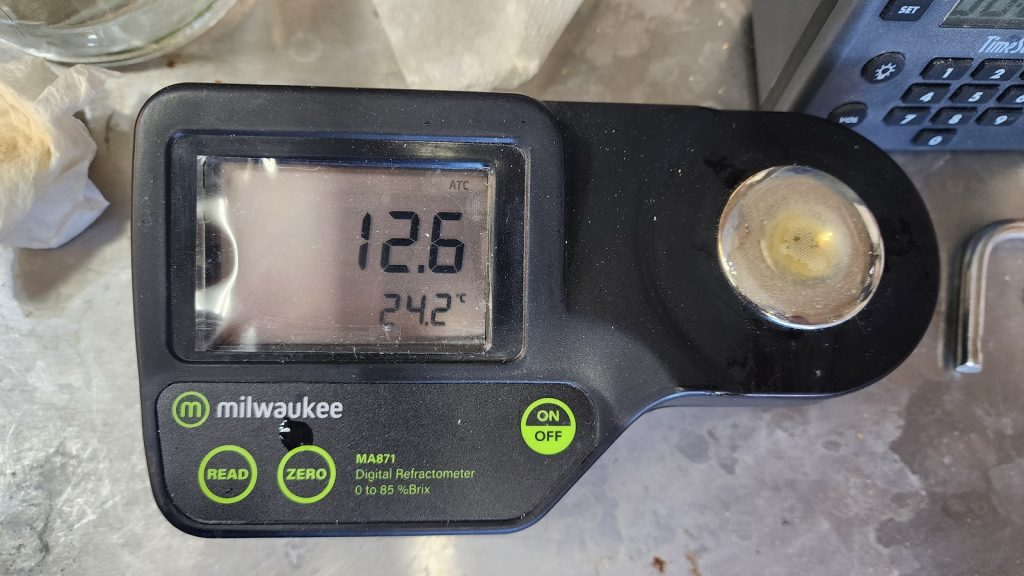
After transferring the wort to a sanitized fermented, I direct pitched a single pouch of Imperial Yeast A07 Flagship.
The beer was left to ferment at 64°F/17°C for a week before I took a hydrometer measurement confirming FG was reached.
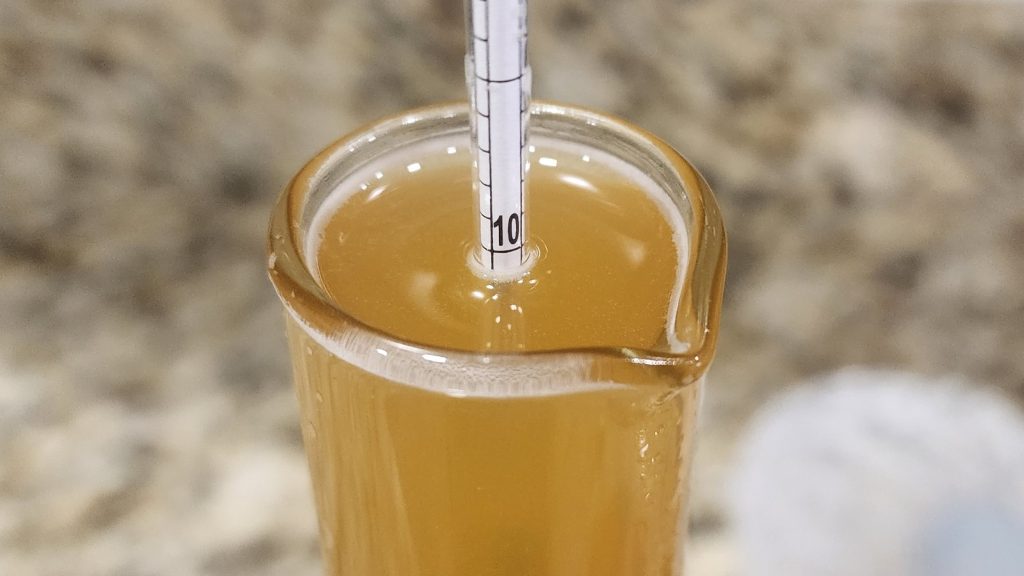
With fermentation complete, I cold crashed the beer then pressure-transferred it to a CO2 purged keg, which was placed in my kegerator and burst carbonated overnight before the gas was reduced to serving pressure. After a couple weeks of conditioning, it was ready to serve to blind tasters.
| METHOD |
Participants were instructed to focus only on the aromatic qualities of the beer before evaluating the flavor. For each aroma and flavor descriptor, tasters were asked to write-in the perceived strength of that particular characteristic on a 0-9 scale where a rating of 0 meant they did not perceive the character at all and a 9 rating meant the character was extremely strong. Once the data was collected, the average rating of each aroma and flavor descriptor was compiled and analyzed.
| RESULTS |
A total of 20 people participated in the evaluation of this beer, all blind to the hop variety used until after they completed the survey. The average aroma and flavor ratings for each descriptor were plotted on a radar graph.
Average Ratings of Aroma and Flavor Perceptions
The 3 characteristics endorsed as being most prominent by participants:
| Aroma | Flavor |
| Citrus | Citrus |
| Floral | Stone Fruit + Floral (tie) |
| Tropical Fruit | Earthy/Woody |
The 3 characteristics endorsed as being least prominent by participants:
| Aroma | Flavor |
| Onion/Garlic | Berry |
| Berry | Dank/Catty |
| Dank/Catty | Onion/Garlic |
Next, participants were asked to rate the pungency/strength of the hop.
Tasters were then instructed to identify beer styles they thought the hop would work well in.
Finally, participants were asked to rate how much they enjoyed the hop character on a 0 to 10 scale.
My Impressions: I picked up herbal and minty notes with a touch of citrus in this beer, which I felt was uniquely enjoyable. There really is something amazing about Northern Brewer that makes me wonder why it’s not more popular.
| CONCLUSION |
In today’s world of fruity IPA, it can be easy to forget the classic characteristics of traditional hops like Northern Brewer, which was initially bred 90 years ago and is known to contribute pleasant woody and minty notes to beer. Originally intended for specific breweries in the UK, Northern Brewer gained the favor of many brewers worldwide and became the feature of one of America’s original styles, California Common.
The most prominent aroma and flavor characteristics noted by people who evaluated a Pale Ale made solely with Northern Brewer were citrus, floral, stone fruit, tropical fruit, and earthy/woody, while onion/garlic, dank/catty, and berry were the least endorsed characteristics. While Northern Brewer isn’t necessarily noted for contributing fruity notes to beer, this may be due to the relatively heavy use of hops in this Pale Ale, and the ratings on earthy/woody do align with existing descriptors.
Unsurprisingly, the style most tasters felt Northern Brewer would work well in was IPA/APA, though a good number also endorsed pale lager. In terms of general preference, it seems most tasters had a rather middling opinion of this single-hop beer, though personally, I was quite pleased with how it turned out, just as I was with the Northern Brewer pale lager I made a few months ago. In the end, I feel that Northern Brewer is great on its own as well in combination with other varieties, and I’ll definitely continue using this classic variety in the future.
Northern Brewer hops are available now at Yakima Valley Hops, get some while you can! If you have any thoughts on this variety, please feel free to share them in the comments section below.
Support Brülosophy In Style!
All designs are available in various colors and sizes on Amazon!
Follow Brülosophy on:
FACEBOOK | TWITTER | INSTAGRAM
If you enjoy this stuff and feel compelled to support Brulosophy.com, please check out the Support page for details on how you can very easily do so. Thanks!



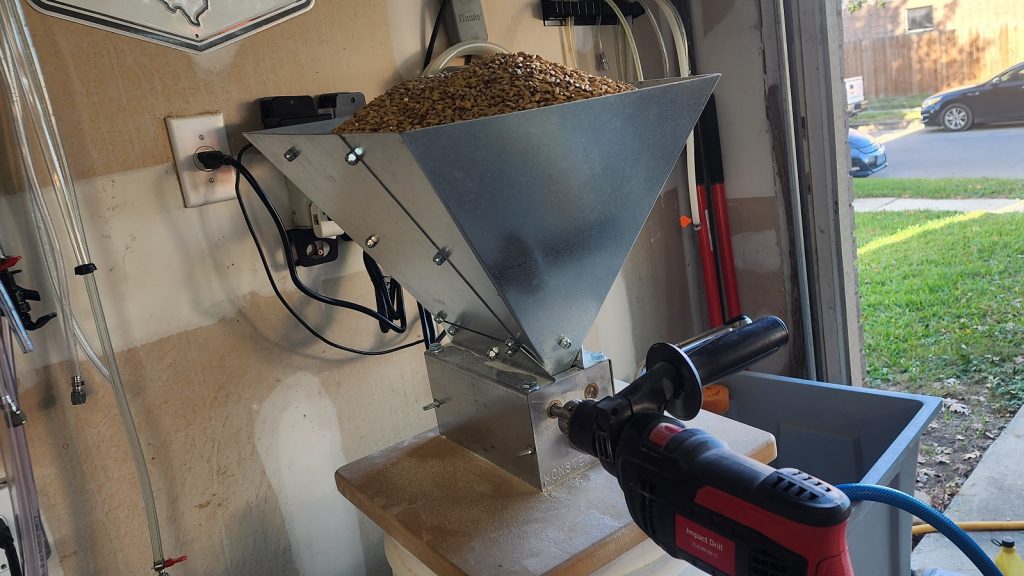
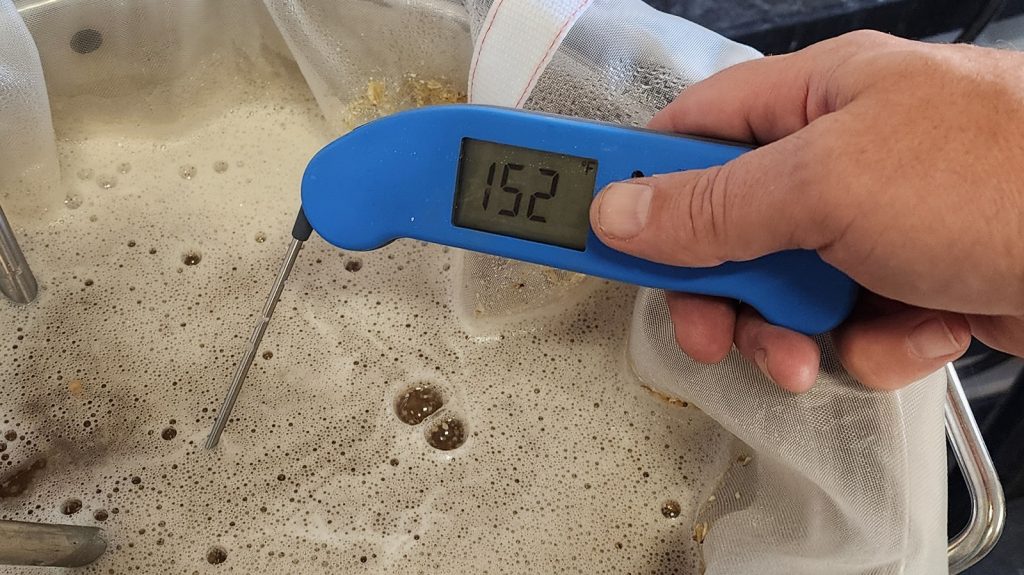
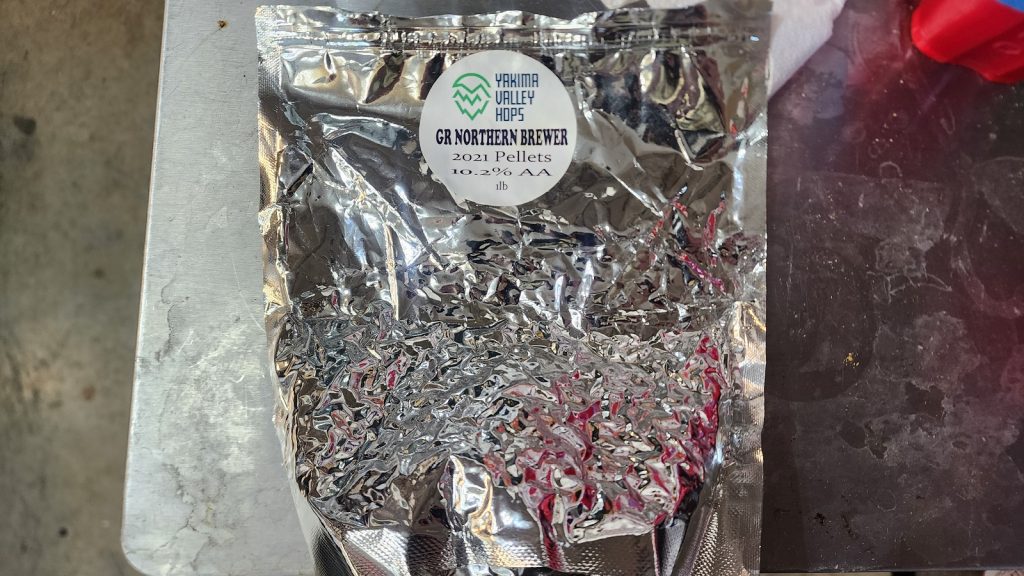
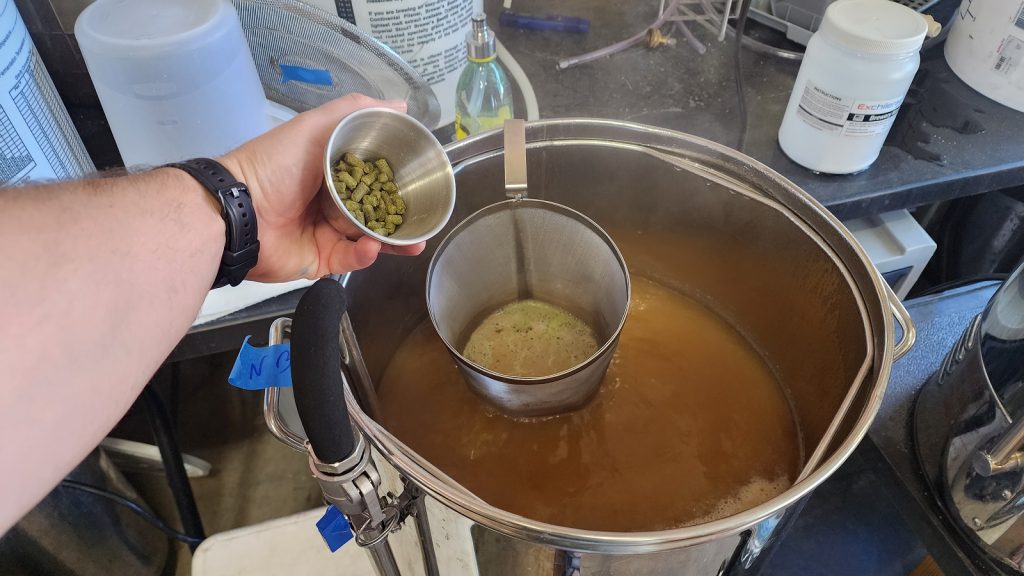
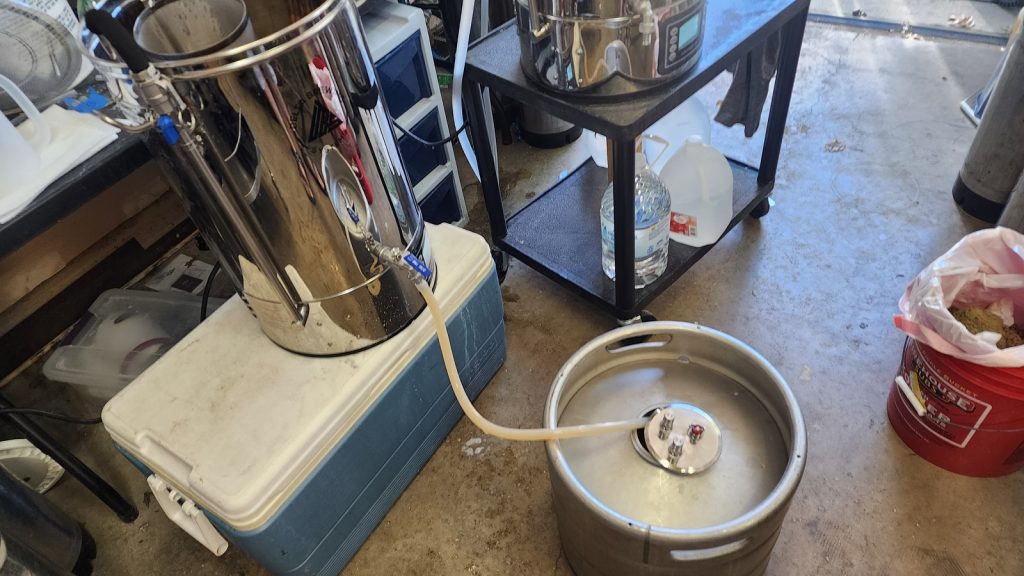
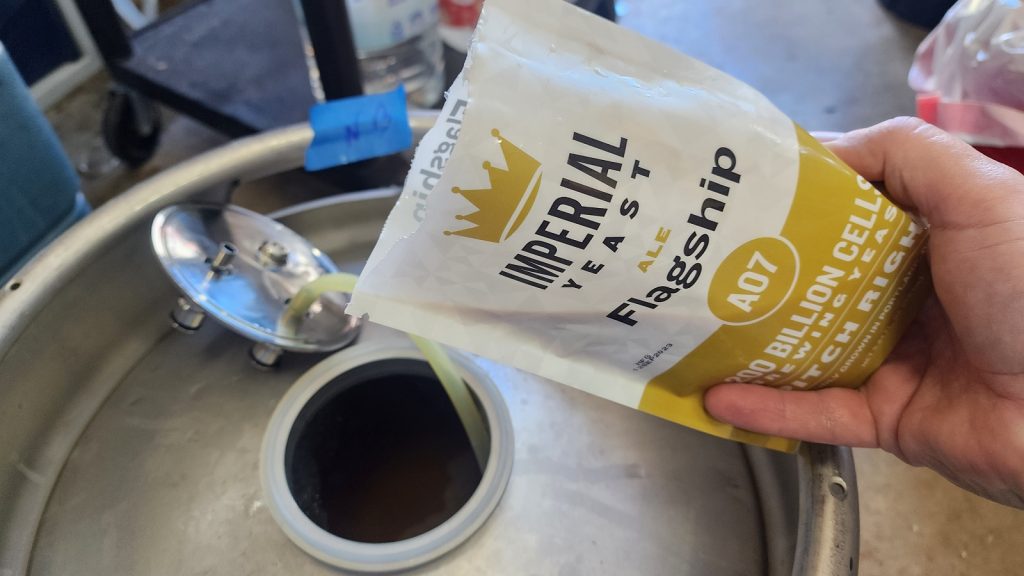
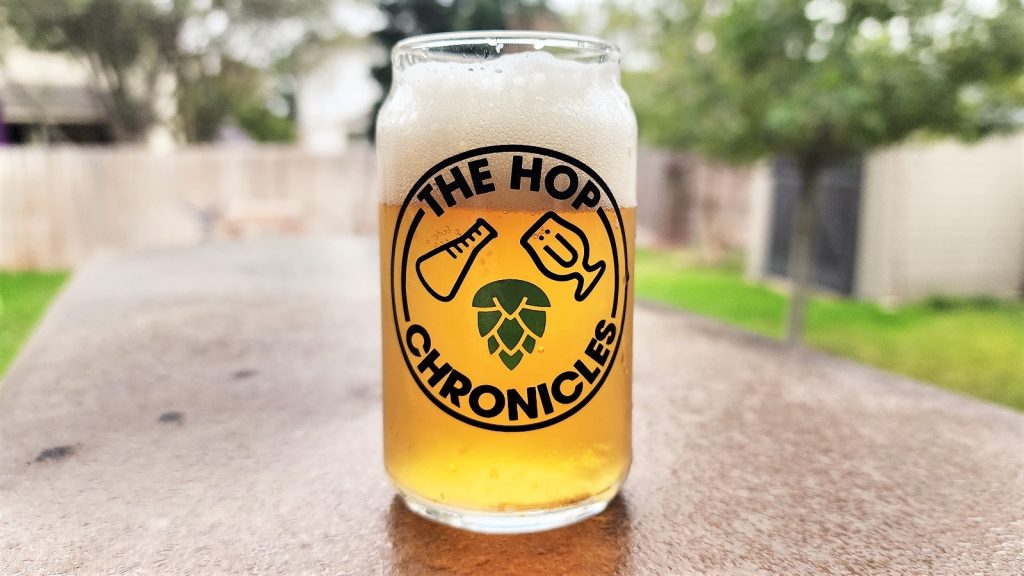

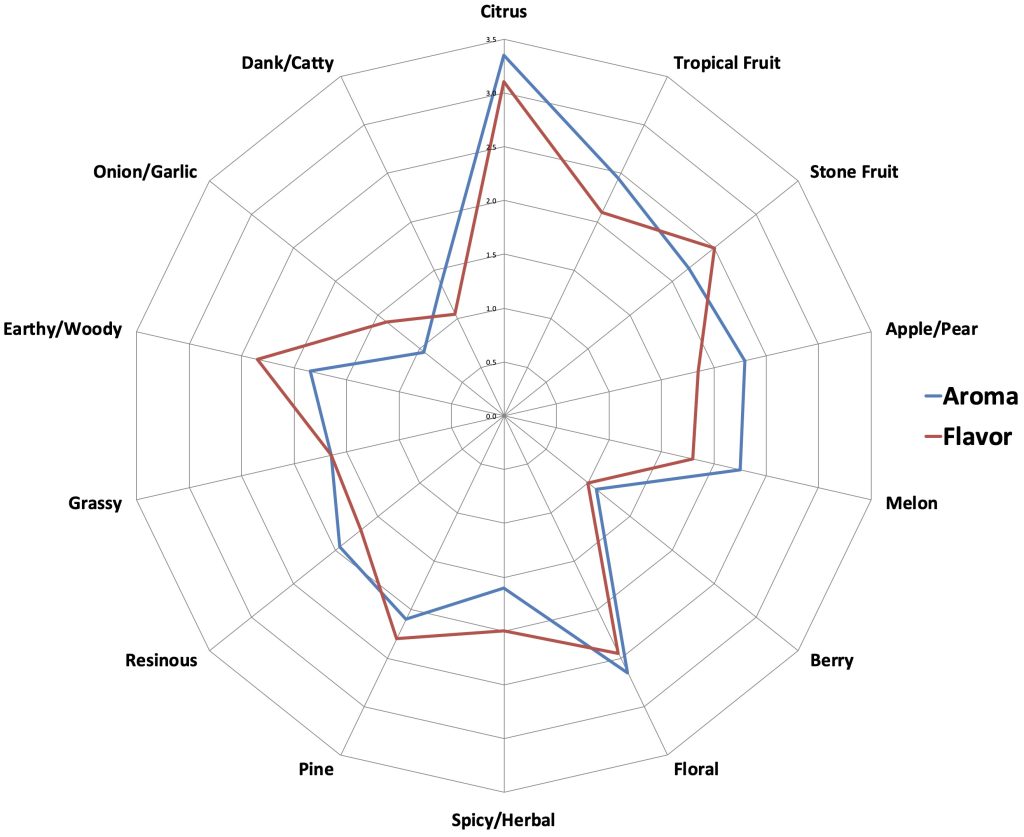
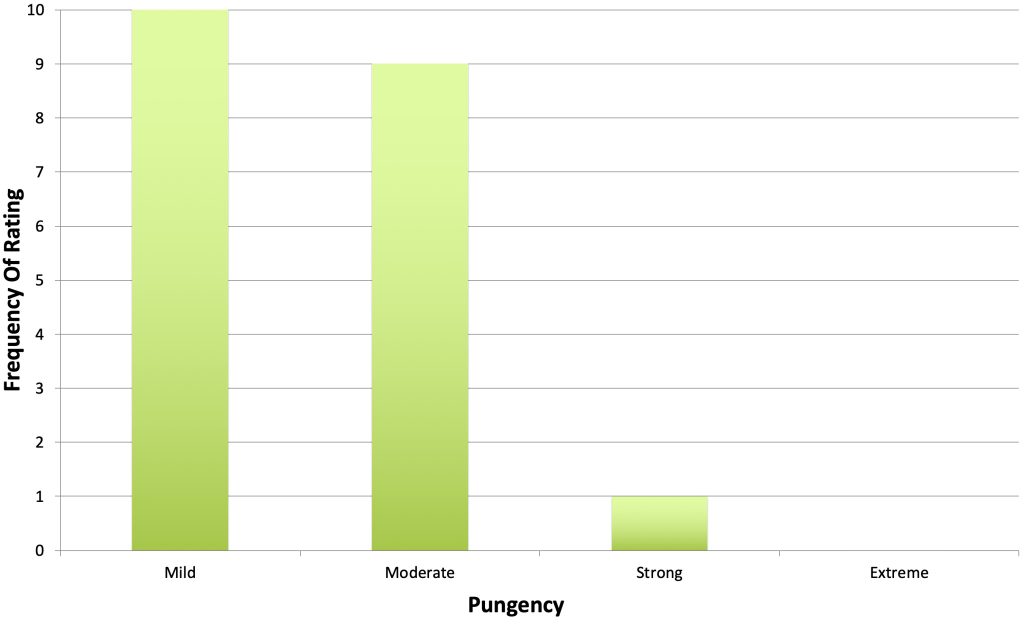
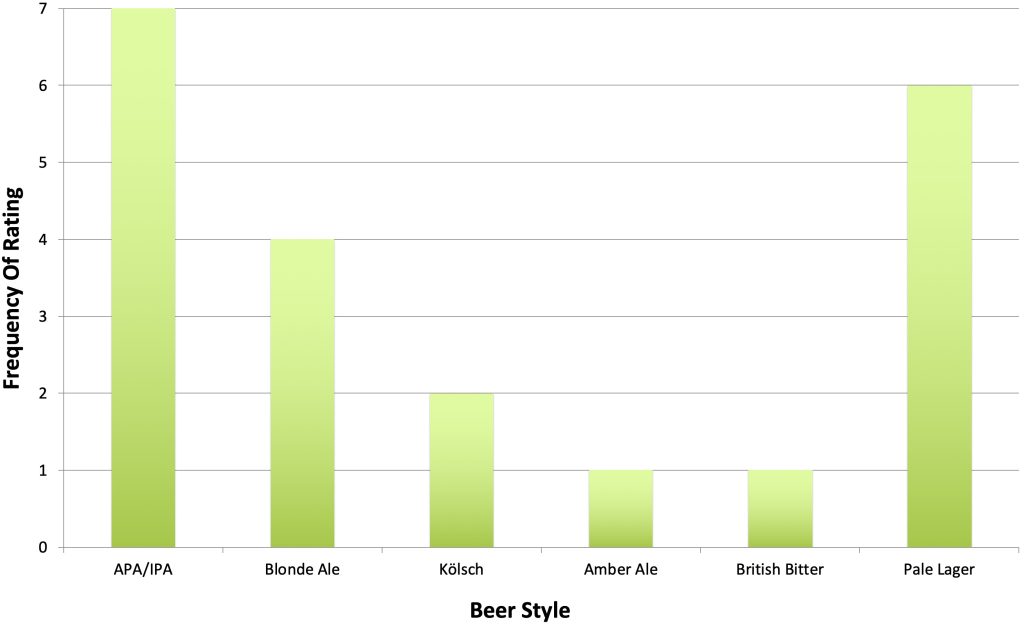
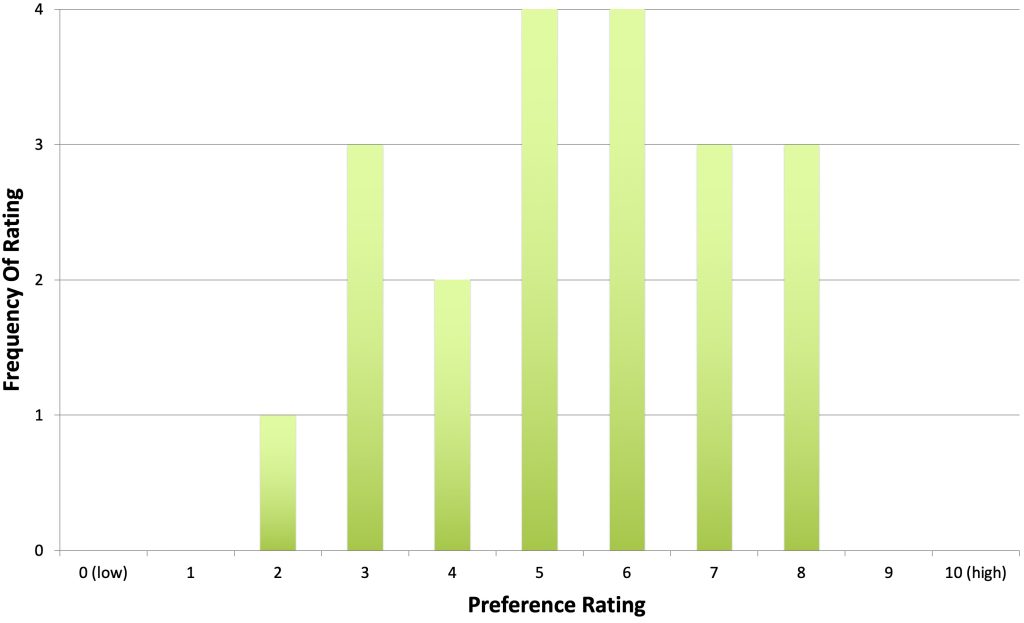








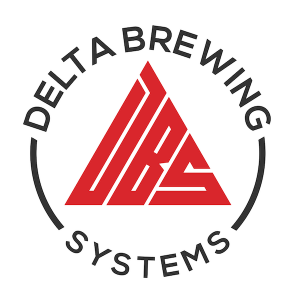


1 thought on “The Hop Chronicles | Northern Brewer (2021) Pale Ale”
I love this hop. I find that Northern brewer has a great depth of flavour unmatched by any other variety. It’s hard to describe, but it’s like pure essence of ‘good old fashioned beer’. It’s great in a Munich Dunkel!